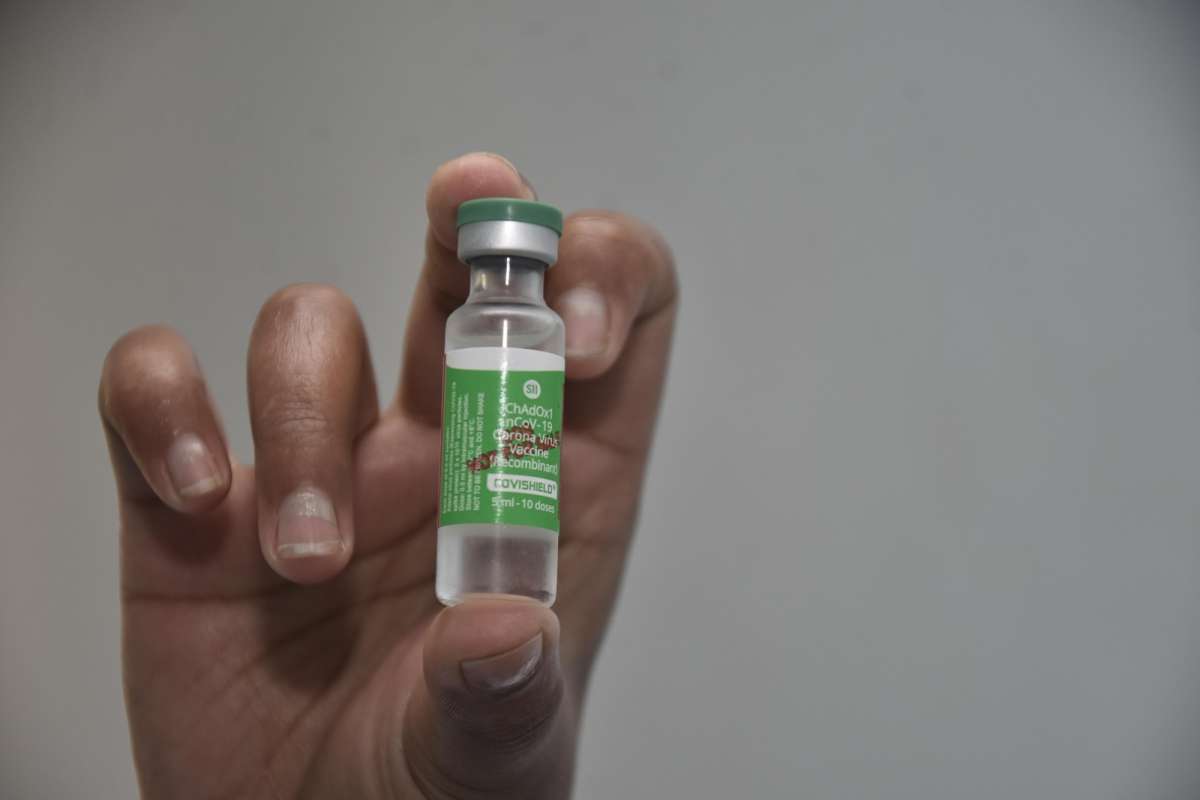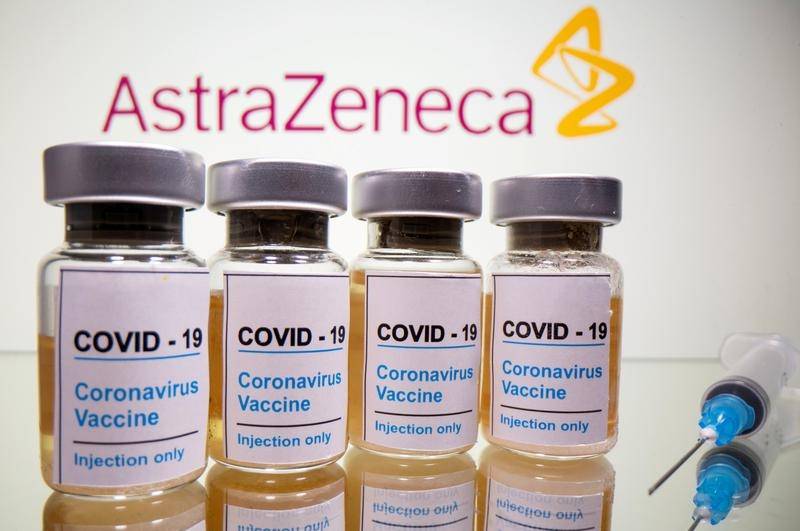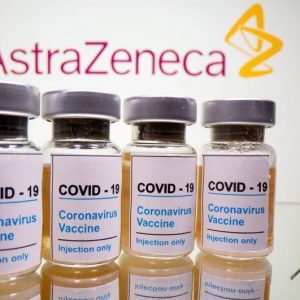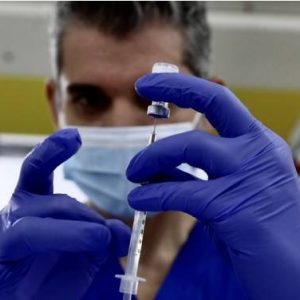AstraZeneca has made the admission in court documents in connection with a case that alleges that the vaccine, developed with the University of Oxford, caused death and serious injury in dozens of cases…reports Asian Lite News
In light of recent concerns surrounding potential rare side effects of the AstraZeneca-Oxford COVID-19 vaccine, the pharmaceutical giant has reiterated its commitment to patient safety while emphasising the vaccine’s overall safety profile.
An AstraZeneca spokesperson stated, “Our sympathy goes out to anyone who has lost loved ones or reported health problems. Patient safety is our highest priority, and regulatory authorities have clear and stringent standards to ensure the safe use of all medicines, including vaccines.”
This comes in the wake of a recent admission by AstraZeneca, the pharmaceutical company, that its Covid vaccine Covishield and Vaxzevria “can, in very rare cases, cause Thrombosis Thrombocytopenia Syndrome (TTS).”
Despite these rare occurrences, the pharmaceutical company maintains that extensive clinical trial data and real-world evidence consistently support the vaccine’s safety and efficacy. Regulatory agencies worldwide continue to assert that the benefits of vaccination outweigh the risks of such extremely rare side effects.
According to several media reports, AstraZeneca has made the admission in court documents in connection with a case that alleges that the vaccine, developed with the University of Oxford, caused death and serious injury in dozens of cases.
The Serum Institute of India produced COVID-19 vaccine named Covishield but not using mRNA platform. It has been prepared using the viral vector platform. In the vaccine, a chimpanzee adenovirus – ChAdOx1 – has been modified to enable it to carry the COVID-19 spike protein into the cells of humans. This cold virus is basically incapable of infecting the receiver, but can very well teach the immune system to prepare a mechanism against such viruses.
The same technology was used to prepare vaccines for viruses like Ebola.
Notably in 2023, the World Health Organisation (WHO) said in its report that TTS emerged as a new adverse event following immunisation in individuals vaccinated with COVID-19 non-replicant adenovirus vector-based vaccines.
This refers to the AstraZeneca COVID-19 ChAdOx-1 vaccine and the Johnson & Johnson (J & J) Janssen COVID-19 Ad26.COV2-S vaccines.
“TTS is a serious and life-threatening adverse event. WHO has issued this interim emergency guidance to increase awareness about TTS in the context of COVID-19 vaccination and help healthcare providers in the assessment and management of potential TTS cases,” the 2023 statement by WHO read.














